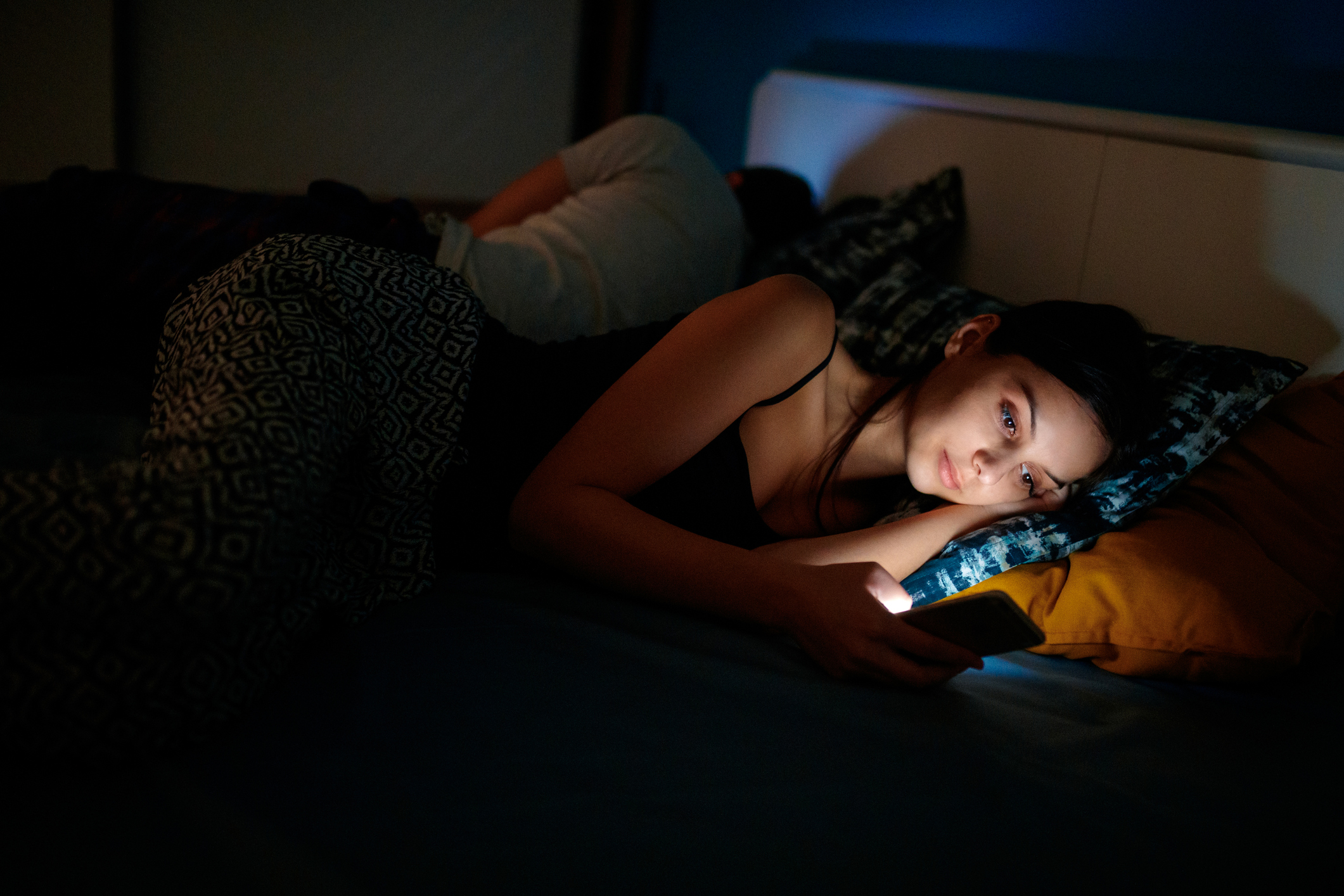The Latest Sleep Research: Is Your Smartphone a Sleep Thief?

Sudden noise, uncomfortable bedding, warm bedroom; These are all examples of factors that are known as sleep disruptors. With the rise of mobile technologies, it’s now commonplace to use them not only during the day but well into the evening, too. Many people take their device to the bedroom and use it as their alarm clock. While that sounds harmless, the impact is more far-reaching than we may realize. The effects of this have been extensively studied in children and adolescents, but much less so in adults. The recent publication of Dr. Sarah Appleton and coworkers undertook a web-based survey of those in the age range between 18 and 91 and reported on the results of 1984 participants in the August 2020 issue of the journal SLEEP.
The survey
The survey consisted of questions on sleep quality and sleep issues, but also questions related to the impact of sleep on work performance, absenteeism, and driving, next to the standard questions on age, gender, etc. The survey included the following question: “In the past seven days, how often did you wake from sleep or were woken to send or receive text messages, emails or other electronic communications?”, to address potential disruptions from mobile devices.
Once the researchers received the data, they ran so-called multivariate regression analyses, which can tell if changes in sleep or any other measures the participants were taking in that survey were related to any other changes. At the same time, they ensured they could still rule out that the relationship could be explained by another question in the analyses (it sounds pretty complicated, and it is!).
The results
At the higher level, they found that using their phone at night is not restricted to children and adolescents; 31.4% of the adults reported waking or being woken do engage with their phone at night (with 4.9% reporting engaging in this behavior almost every night). The use of technology was reported more often in females, more in younger age groups, more in metropolitan residence, more in higher educated people, and more in people with a job.
Using the mobile technology at least 2-3 times a week was associated with poorer days (being tired, moody, etc), an increased risk for drowsy driving and related motor accidents, and missing work or making errors at work. These people were also more likely to report that they experienced sleep problems, including issues like trouble falling asleep, staying asleep, and waking up refreshed.
Best practices
Waking to use technology at night, and associations with driving and work outcomes: a screenshot of Australian adults. Sarah L Appleton, Amy C Reynolds, Tiffany K Gill, Yohannes A Melaku, Robert Adams. Sleep, Volume 43, Issue 8, August 2020, https://doi.org/10.1093/sleep/zsaa015